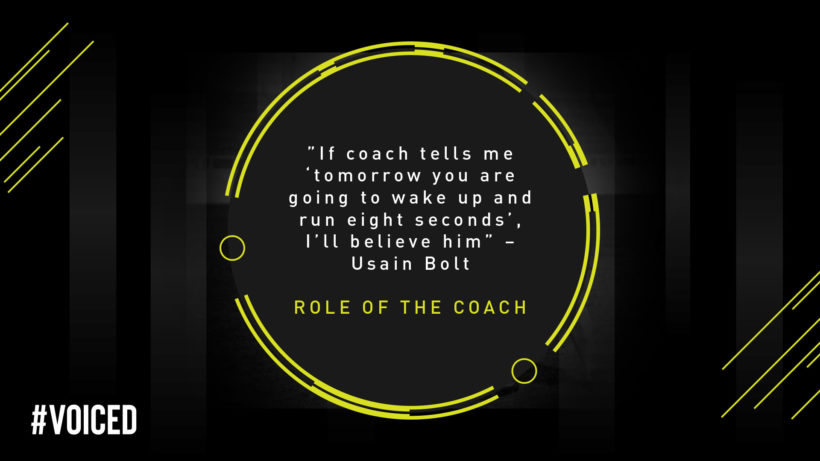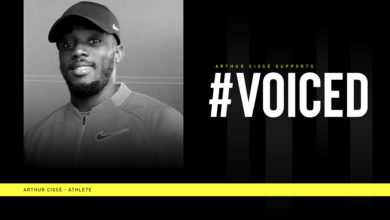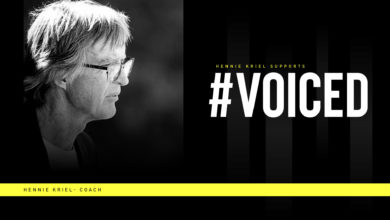Forged in the fires of competition and high performance, the coach-athlete relationship is one of the corner stones of success, and it is a special and unique one. Coaches hold the dreams of athletes in their hands, the athletes fully trusting that they can help make those dreams come true. Spending many hours every day together working towards an ultimate childhood goal, athletes often see their coach more than their own family!
As Olympic legend Usain Bolt said ‘If Coach Mills woke me up tomorrow and said I can run 8 seconds, I would believe him’. Such is the trust and bond that helps athletes do extraordinary things.
Therein lies both the beautiful power of the relationship, and the potential for that power to be abused.
With the recent permanent banning of from all athletics of former Oregon Project coach Alberto Salazar for sexual and emotional misconduct, we are again reminded that due to the nature of sport, athletes are often put in an extremely vulnerable position. They want a coach’s approval, will do almost anything to gain it, and will do as they are told because they believe the coach can make them a better athlete. Just before and during the Tokyo Games, members of both the US and Great Britain rowing teams spoke out about suffering verbal and emotional abuse by their coaches – but that they continued to train with the coach because the fact that the coaches track records proved they got results in the end. Gymnast Simone Biles has been open about the fact that one of the reasons she wanted to compete at these Games was to keep the conversation going about the sexual abuse suffer by hundreds of gymnasts at the hands of Dr Larry Nassar under the allegedly blind eye of coaches Martha and Bela Karolyi. Recent allegations have arisen that Nadia Comaneci was one of the gymnasts who endured starvation and even being slapped by Bela Karolyi, who in reply to this said a journalist said “My gymnasts are the best prepared in the word. And they win. That’s all that counts”.
While there is a win at all costs mentality instilled in our athletes, a no pain no gain attitude, the environment is ripe for abuse. The very nature of a high-performance athlete is that they will push harder, do more and not complain. Very often the role of the coach is to rein them in, not help them give full expression to the obsessiveness that often accompanies success on the highest stage. We have a duty of care when working with athletes to treat their minds and bodies as human beings first and foremost, not gold medal performance machines. And this is what great coaches do – they give athletes the belief that they can win on the track, but they also help them understand themselves as people so they can win in life.


